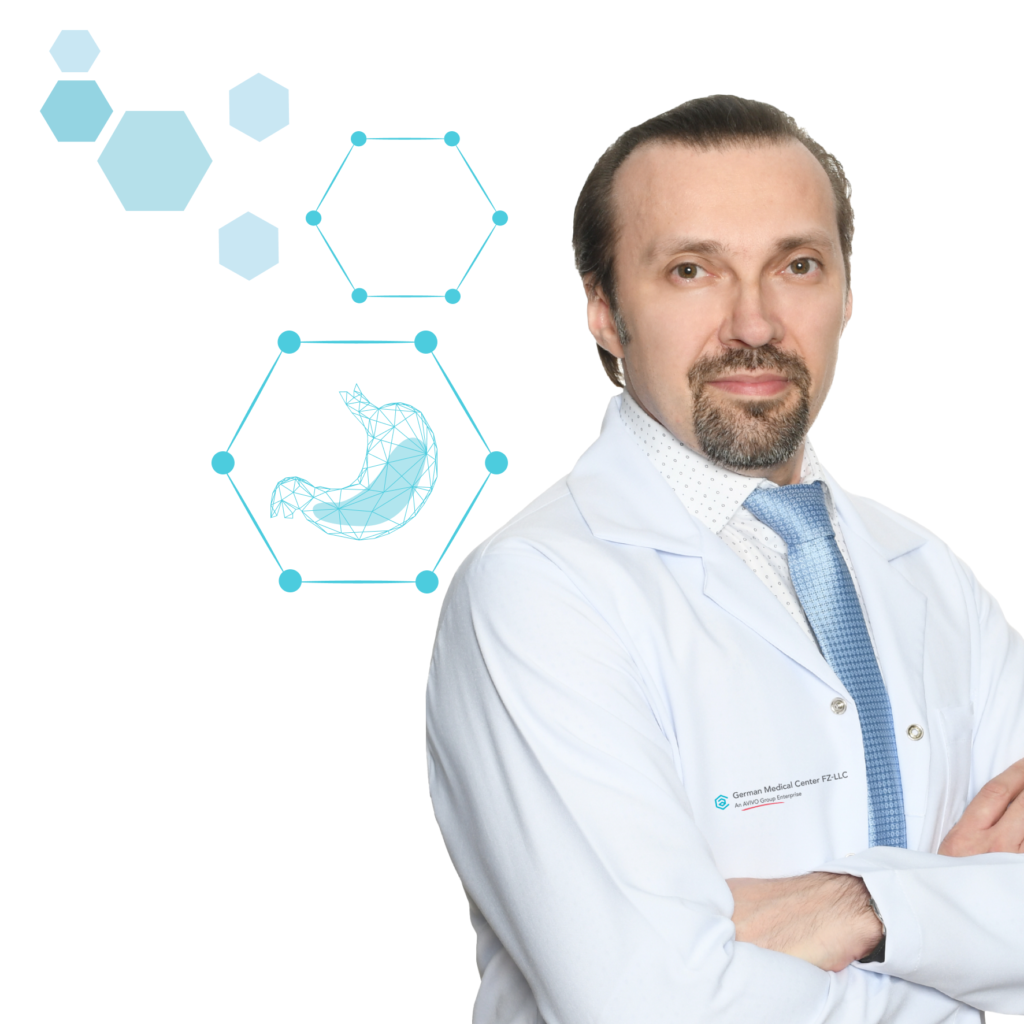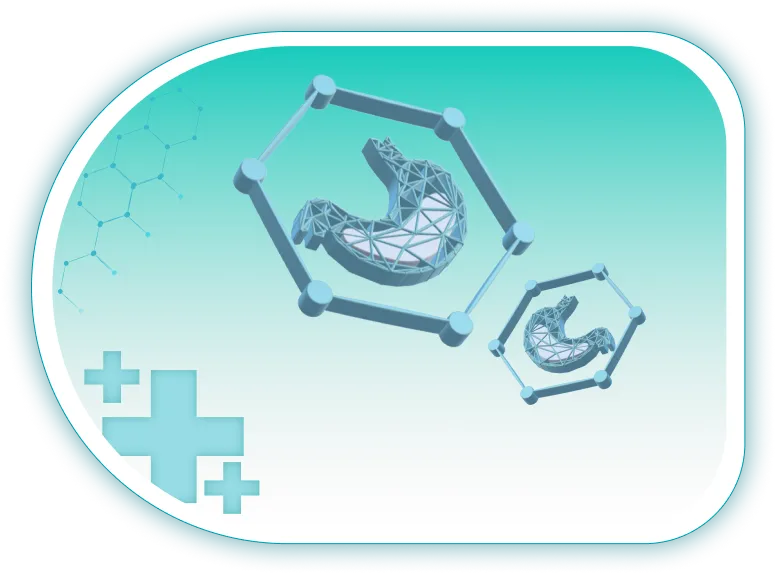
Dr. Sebastian Cuzincu
Gastroenterology and Internal Medicine





Experiencing sudden sharp pain in your lower abdomen? Appendicitis is the inflammation of the appendix, often leading to severe pain and requiring prompt treatment. At German Medical Center, our experienced surgical team provides fast and effective care to resolve appendicitis safely. Don’t wait for the pain to worsen—seek the expert care you need for a quick recovery and a healthy future.
By booking an appointment with German Medical Center.
Our team of experts are passionate about providing only the best quality care and treatment to their patients.

Gastroenterology and Internal Medicine
The symptoms of appendicitis can vary from person to person, but some of the most common ones include:
If you experience any of these symptoms, particularly severe abdominal pain, it’s important to seek medical attention immediately. Appendicitis can lead to serious complications if left untreated, so early diagnosis and treatment are key to a successful recovery.
The exact cause of appendicitis is not always clear, but it is believed to be related to an obstruction in the appendix that leads to inflammation and infection. Some of the common causes of appendicitis include:
While the exact cause of appendicitis is not always clear, it is important to seek medical attention if you experience symptoms. Prompt treatment can help prevent complications and ensure a successful recovery.
The medical treatment of appendicitis is surgical removal of the appendix, a procedure known as an appendectomy. This is typically performed as soon as possible after diagnosis to prevent complications such as a burst appendix and peritonitis. There are two types of appendectomy:
The type of surgery that is recommended will depend on the individual case and the preference of the surgeon.
In some cases, if the appendix has already burst, the surgeon may need to perform a more extensive procedure to clean out the abdomen and remove any infected tissue.
After surgery, patients are typically hospitalized for a few days to monitor their recovery and ensure that there are no complications. They may also be prescribed pain medication and antibiotics to prevent infection.
In some cases, if the diagnosis of appendicitis is uncertain, antibiotics may be prescribed initially to see if the symptoms improve. However, if the symptoms persist or worsen, surgery may still be necessary.
It is important to seek prompt medical attention if you experience symptoms of appendicitis. Early diagnosis and treatment can help prevent complications and ensure a successful recovery.
If you are experiencing abdominal gas and bloating, it's important to take action to alleviate your symptoms....
The symptoms of stool with blood and pain, also known as rectal bleeding, can vary depending on the underlying cause....
Jaundice is a medical condition that occurs when the level of bilirubin, a yellowish pigment produced during the breakdown of red...
No results found.

Partner with:
Partner with:


German Medical Center is one of the leading medical institution in Dubai formed by a group of specialists who are passionate about providing the personalized care tailored to the patient's unique needs.
Fill out our easy online form to book an appointment with German Medical Center. Our team of experts is dedicated to providing you with personalized care and guidance every step of the way. Don't wait, take charge of your well-being and schedule your appointment now!